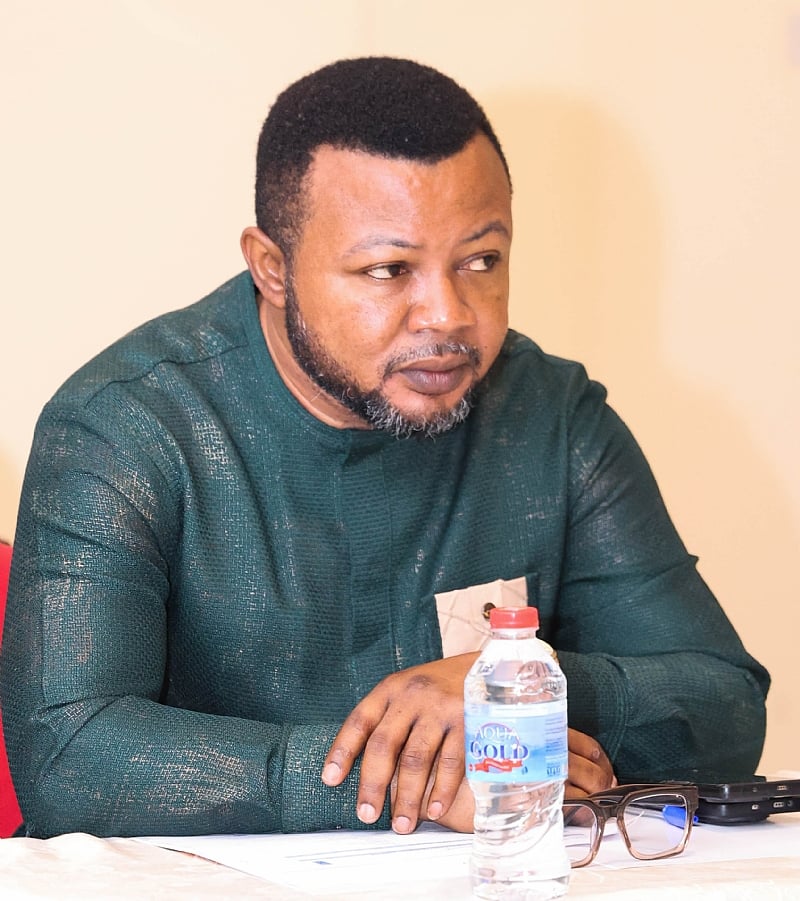The proliferation of small arms and light weapons (SALW) poses a significant threat to global peace and security, fueling conflicts, exacerbating crime, and undermining development efforts. Ghana, like many other nations, recognizes the urgent need to address this challenge and is actively pursuing legislative measures to control the flow and misuse of these weapons. Central to this effort is the proposed National Small Arms Bill, a piece of legislation designed to overhaul the existing framework for regulating SALW and enhance Ghana’s capacity to combat their illicit trade and proliferation. The bill’s proponents argue that its passage is critical for bolstering public safety, strengthening national security, and fulfilling Ghana’s international obligations under various treaties and conventions.
The National Small Arms and Light Weapons Commission (NATCOM), the body responsible for overseeing small arms control in Ghana, is spearheading the push for the bill’s enactment. Honourable Godwin Animli Dorgbadzi-Dorani, the Chairman of NATCOM’s Governing Board and a Member of Parliament, has emphasized the bill’s importance in addressing the root causes of insecurity and violence in the country. He argues that by effectively regulating the trade, possession, and transfer of SALW, the bill will significantly reduce the risk of armed violence, crime, and conflict. Furthermore, it will enhance the capacity of security agencies to effectively manage and control these weapons, contributing to a safer and more secure environment for all citizens.
The proposed legislation seeks to address several key deficiencies in the existing regulatory framework. Currently, NATCOM’s mandate is limited, hindering its effectiveness in tackling the complex challenges posed by SALW proliferation. The bill aims to strengthen NATCOM’s authority and provide it with the necessary tools to effectively monitor and control the flow of these weapons. It also seeks to raise public awareness about the dangers of SALW proliferation and promote responsible ownership practices. By empowering NATCOM and enhancing public understanding, the bill aims to create a more robust and comprehensive approach to small arms control.
The passage of the National Small Arms Bill is not merely a domestic imperative; it also carries significant international implications. Ghana is a signatory to several international treaties and conventions related to SALW control, including the ECOWAS Convention on Small Arms and Light Weapons. These agreements obligate Ghana to take concrete steps to prevent the illicit trade and proliferation of these weapons. The enactment of the bill would demonstrate Ghana’s commitment to fulfilling these obligations and strengthen its cooperation with other countries and international organizations in addressing this global challenge.
Recognizing the complexities of the legislative process, stakeholders are emphasizing the need for broad collaboration and careful planning. Mr. Seidu Aminu, a State Attorney at the Attorney General’s Department, has highlighted the importance of meticulous preparation and consultation. He advises the bill’s sponsors to clearly define policy objectives, establish realistic timelines, and engage in extensive consultations with relevant stakeholders. This includes not only government agencies such as the Ministry of the Interior and the Attorney General’s Department but also civil society organizations, development partners, and international bodies. Such a collaborative approach will ensure that the bill is thoroughly vetted, enjoys broad support, and is effectively implemented upon passage.
The legislative process, as Mr. Aminu explains, involves three distinct stages: pre-parliamentary, parliamentary, and post-parliamentary. The pre-parliamentary stage involves drafting the bill, conducting stakeholder consultations, and securing Cabinet approval. The parliamentary stage entails introducing the bill in Parliament, debating its provisions, and voting on its passage. Finally, the post-parliamentary stage involves implementing the law, monitoring its effectiveness, and making necessary amendments. Each stage requires careful attention to detail and effective communication among all involved parties. The success of the National Small Arms Bill hinges on navigating these stages effectively and ensuring that the final legislation is robust, implementable, and meets the needs of all stakeholders. With sustained commitment and collaborative effort, Ghana can make significant strides in curbing SALW proliferation and building a safer, more secure future for its citizens.


